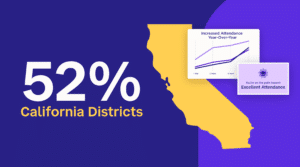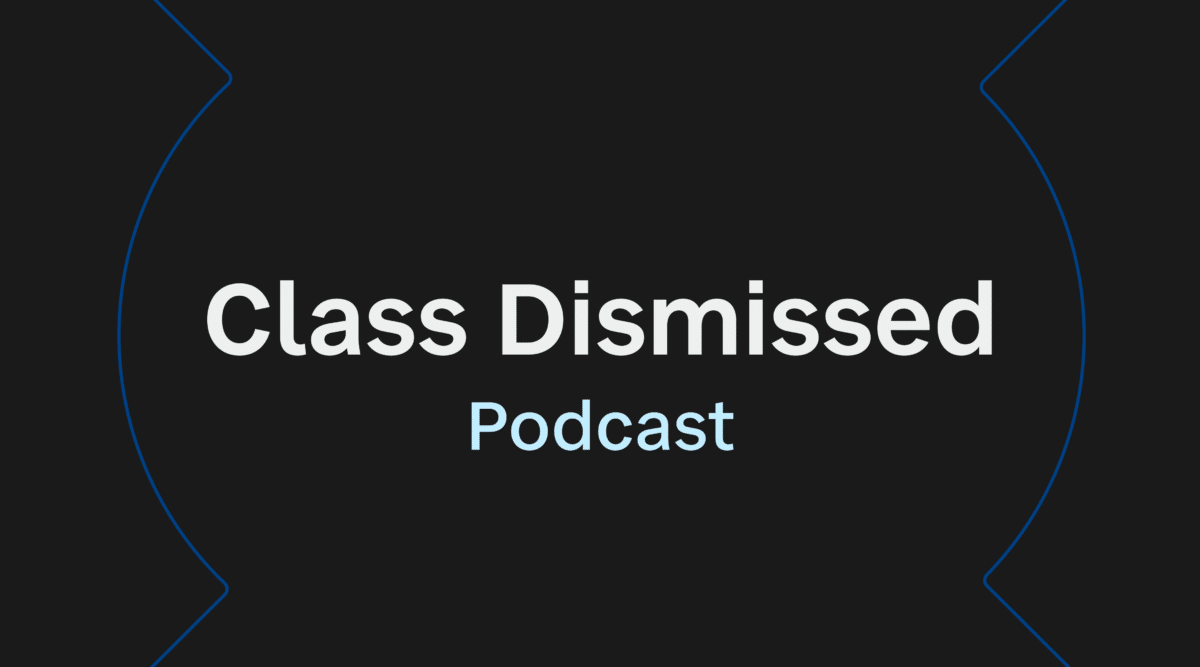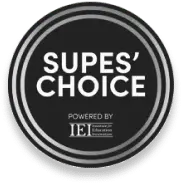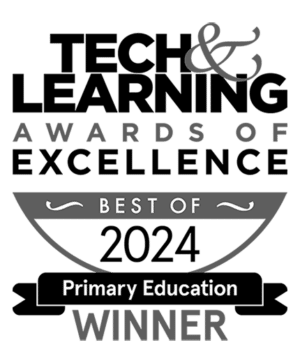
Featured Resource
Why Over Half of California School Districts Trust SchoolStatus
Read More >Join Mission: Attendance to reduce chronic absenteeism in 2025-26! >> Learn How <<





Podcast: Play in new window | Download (Duration: 42:10 — 34.2MB) | Embed
Subscribe: Apple Podcasts | Google Podcasts | Email | RSS | More
“To Kill a Mockingbird” is a beautiful story, and it is one of the most commonly taught books in the secondary curriculum. But educator, Jennifer Buehler, can’t help but wonder how many students relate to the characters.
“At the end of the day, that book represents white America’s vision of racial progress and injustice,” says Buehler. “It’s a really different thing to get a story that asks questions about racial justice that’s not coming from the white perspective.”
Buehler, a former high school teacher and current associate professor of English education at Saint Louis University raises a question that all educators should consider. What does it mean if you never see yourself in a story?
She says it’s a common problem in schools nationwide because it’s a hard shift for teachers to make.
“Our curriculum remains pretty traditional nationwide. It requires teachers to be reading out of their comfort zones and exploring new authors and new texts. And it involves Family and administrative support.” says Buehler.
Money is a factor as well. “To bring different books into the classroom you have to be able to pay for those books,” Buehler says.
According to School Library Journal’s 2018 Diverse Collections Survey of 22,000 school and public librarians, 15 percent said they find it “very difficult” or “difficult” to find appropriate titles to round out a diverse library collection.
The librarians surveyed cited finding portrayals of “characters with disabilities, Native or Indigenous peoples, and English language learners” as the most difficult.
Buehler knows teachers have a desire to make a change. She also knows that a lot of the “classics” already in the classroom are not bad books.
“They [the books] just can’t meet all the readers’ needs, they can’t do all the work that literature should do,” says Buehler.
Buehler suggests that teachers need first to make sure administrators are aware of the challenge. She advises teachers need to do their homework and know the books that they want to champion.
“You have to have your own argument, that’s appropriate to your own educational context, for what change is needed and why,” says Buehler.
Another major challenge is money for new books. Buehler suggests organizing small fundraisers. Teachers may also want to consider using PledgeCents or DonorsChoose.
She also cites a foundation named “The Book Love Foundation,” which dedicates their time to putting books in the hands of teenagers.
To hear more from our conversation with Buehler listen to Episode 135 of Class Dismissed. You can find Class Dismissed in your favorite podcast app or on iTunes.
 SchoolStatusSchoolStatus provides a suite of data-driven solutions that impact positive student outcomes through attendance improvement, family engagement and communication, educator development, and administrative excellence. Partnering with thousands of districts across the U.S., SchoolStatus serves over 22 million students across all 50 states. Because when schools and families come together, there's no limit to what students can achieve.
SchoolStatusSchoolStatus provides a suite of data-driven solutions that impact positive student outcomes through attendance improvement, family engagement and communication, educator development, and administrative excellence. Partnering with thousands of districts across the U.S., SchoolStatus serves over 22 million students across all 50 states. Because when schools and families come together, there's no limit to what students can achieve.
News, articles, and tips for meeting your district’s goals—delivered to your inbox.





















Ready to learn more about our suite of solutions?
